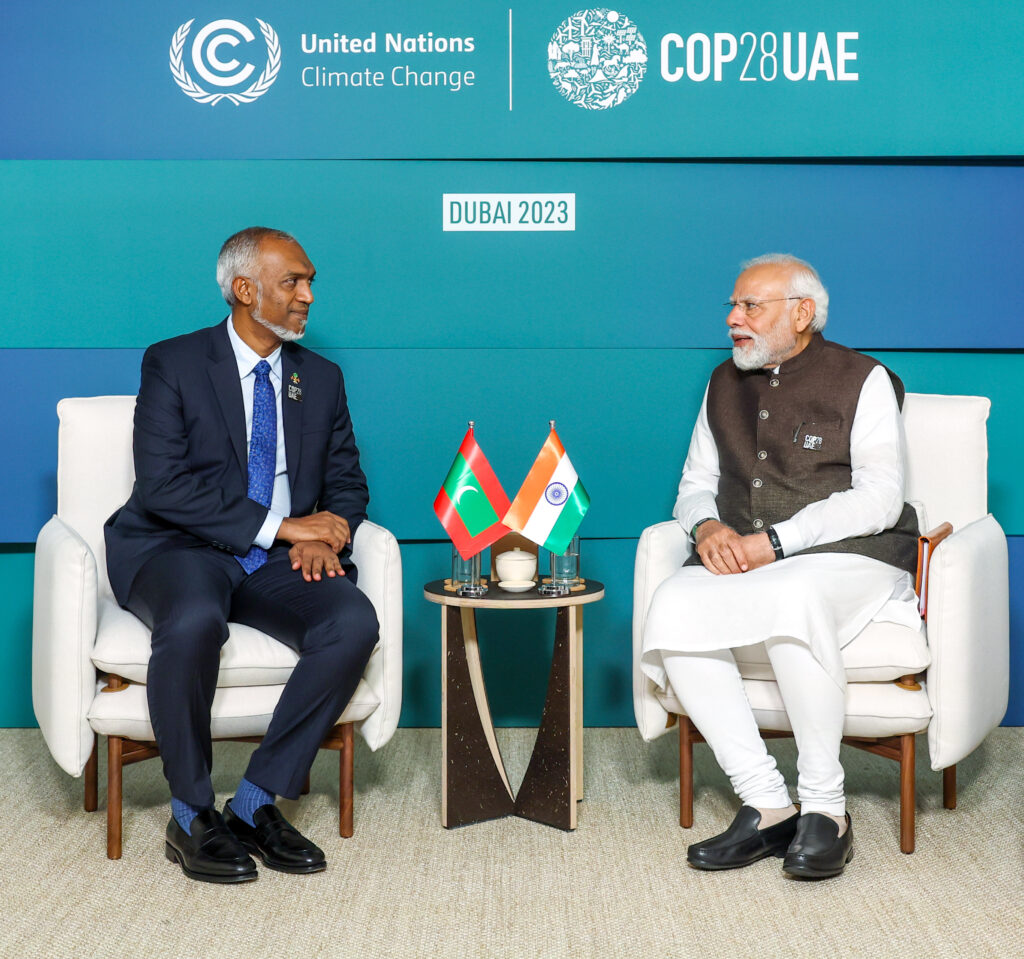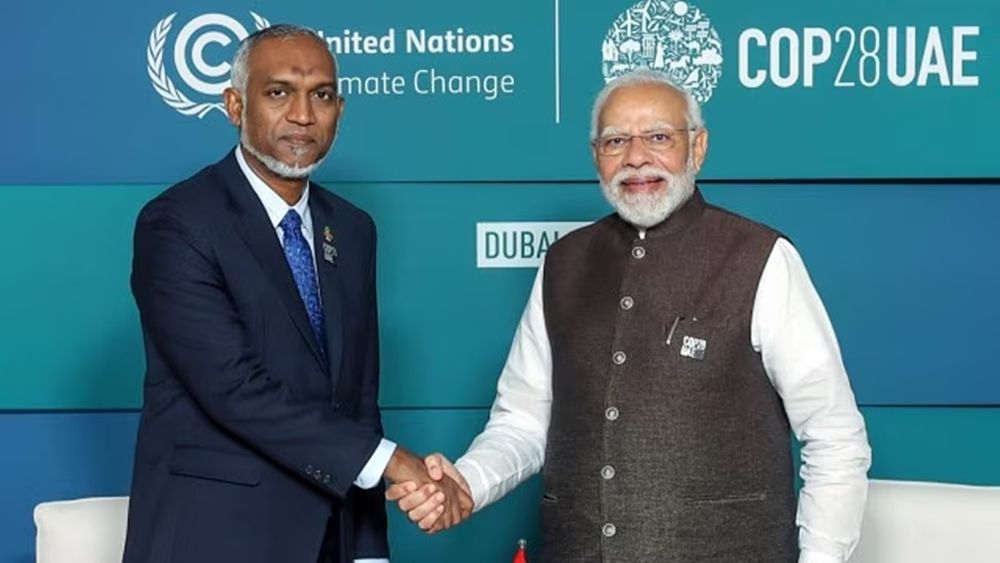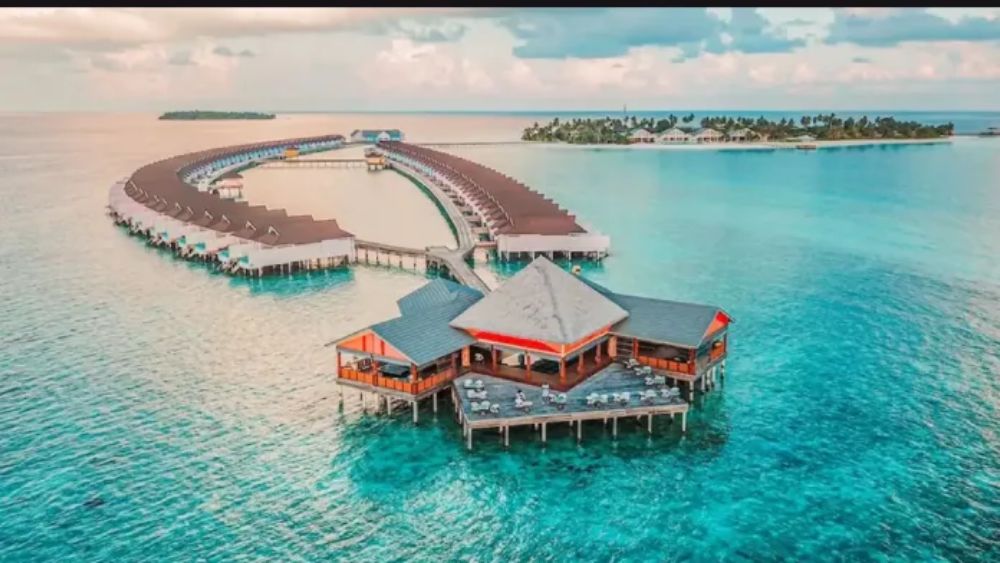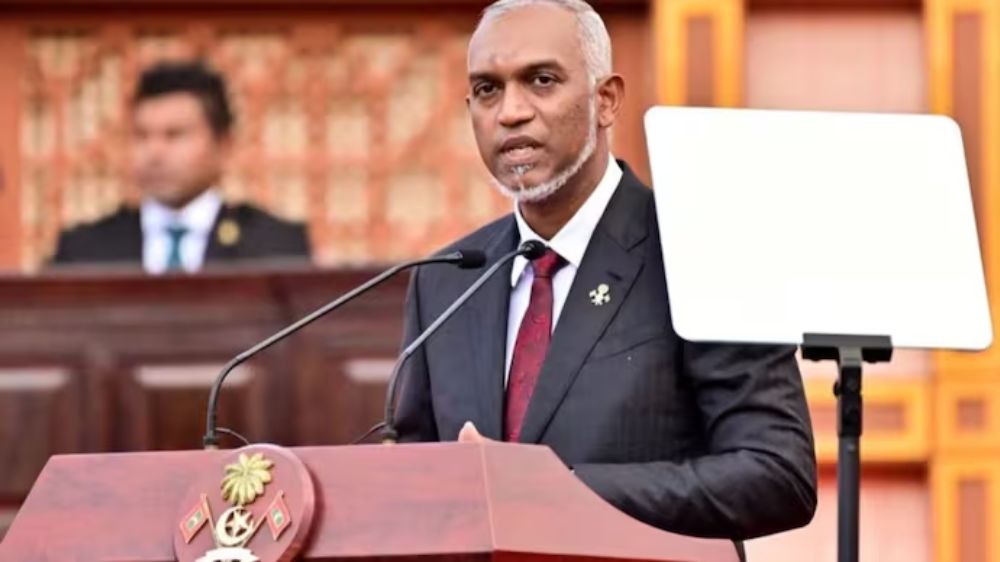Amidst a diplomatic dispute between New Delhi and Male, Indians have slipped from being the top tourist group to the fifth position in the Maldives, as per recent official data. The Maldives Ministry of Tourism reports a notable decline in Indian travellers, despite over 2 lakh annual visits in the past three years. The country’s popularity among Indians faces a setback following derogatory comments by Maldivian ministers against Prime Minister Narendra Modi. As of January 28, Maldives received over 1.74 lakh tourists, with only 13,989 being Indians, while Russia, Italy, China, and the UK top the chart. This shift highlights the impact of diplomatic tensions on the Maldives’ tourism landscape.

Diplomatic Conflict and Reconciliation Efforts
The Maldives finds itself entangled in a diplomatic conflict with India, prompting a call for reconciliation from Maldivian Jumhooree Party Leader Qasim Ibrahim. In a recent statement, Ibrahim urged President Mohamed Muizzu to extend a formal apology to Prime Minister Narendra Modi for contentious remarks made following a visit to China, emphasizing the need to preserve diplomatic ties with neighboring nations.
Caution Against Detrimental Rhetoric
Ibrahim highlighted the importance of careful communication, especially with neighboring countries, emphasizing that statements should not adversely impact diplomatic relationships. He referenced President Solih’s prudent approach, citing the issuance of a Presidential Decree to halt the “India Out” campaign. Ibrahim questioned Muizzu’s stance on nullifying the decree, as it was crucial for maintaining national integrity.
Opposition’s ‘India Out’ Campaign

Former President Ibrahim Solih had previously deemed the opposition’s ‘India Out’ campaign a “threat to national security,” empowering security agencies to dismantle campaign materials. The campaign, led by former President Abdulla Yameen, alleged the violation of sovereignty due to the presence of Indian military officers in the Maldives. The rift targeted President Solih and the Maldivian Democratic Party, perceived to be aligned with India.
Ibrahim’s Plea Amid Escalating Tensions
Against the backdrop of strained relations, Ibrahim’s plea for President Muizzu gains significance. The diplomatic discord intensified when Muizzu demanded the withdrawal of Indian troops within 24 hours of assuming office. Muizzu’s unconventional decision to visit Turkey instead of making New Delhi his inaugural international destination further raised concerns about India’s influence in the Maldives.
Social Media Controversy and Chinese Involvement

Tensions escalated with three Maldivian ministers making inflammatory comments on social media against Prime Minister Modi. Concurrently, the Maldives permitted a Chinese research vessel to dock at Male port, a move viewed with apprehension by India. This development highlights the delicate balance the Maldives must navigate between regional power dynamics.

The Maldives, situated strategically in the Indian Ocean Region, faces diplomatic challenges with India. Ibrahim’s call for President Muizzu to extend an apology underscores the urgency of addressing issues to maintain harmonious relations. As geopolitical complexities unfold, the Maldives must carefully navigate its proximity to India and the growing influence of other global players in the region.
